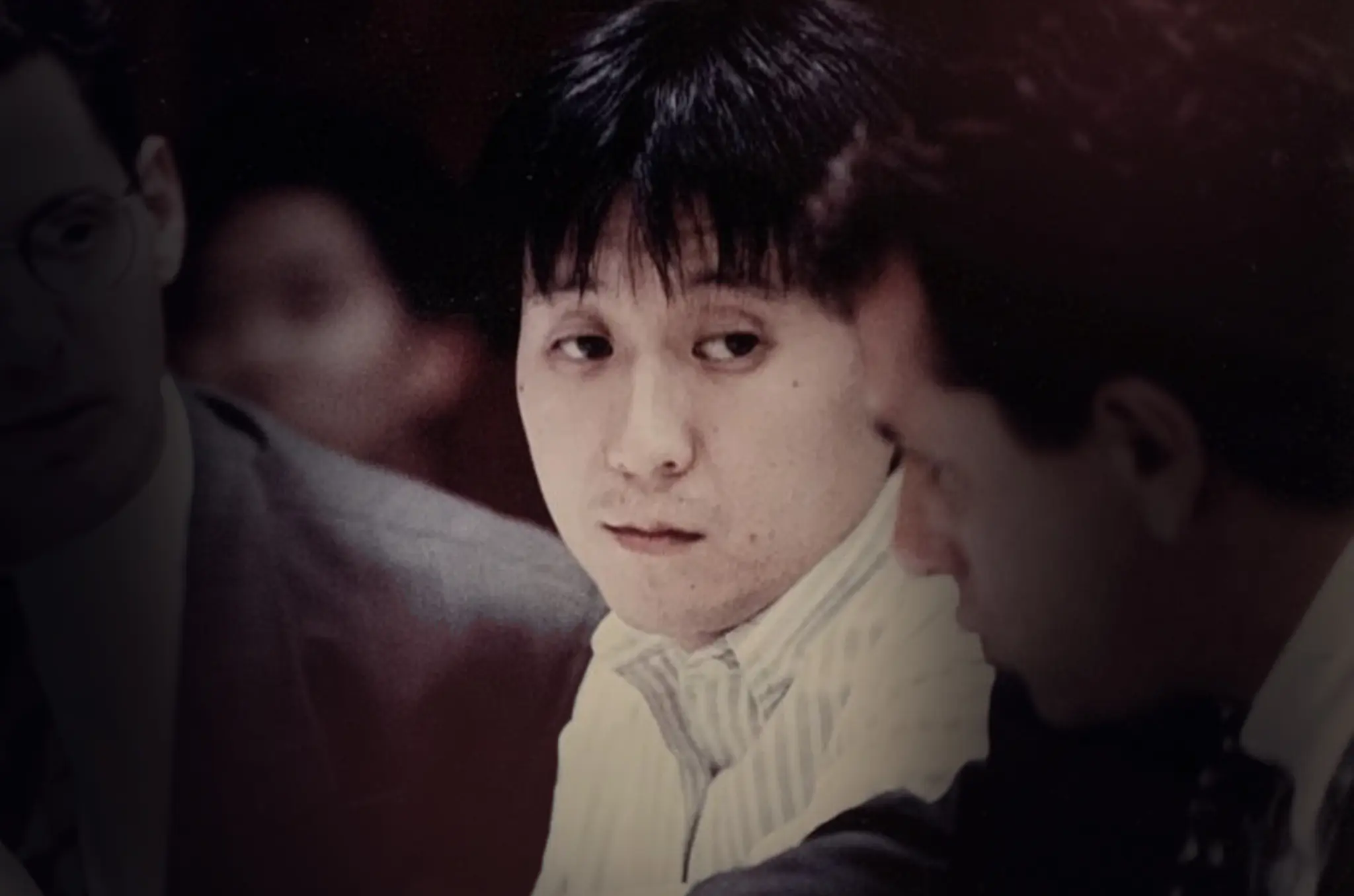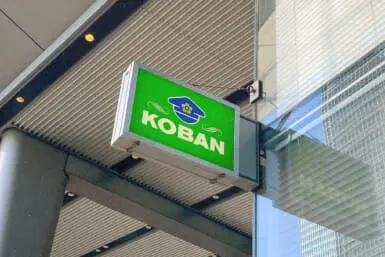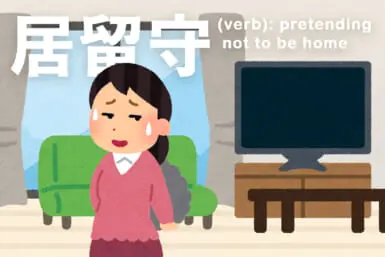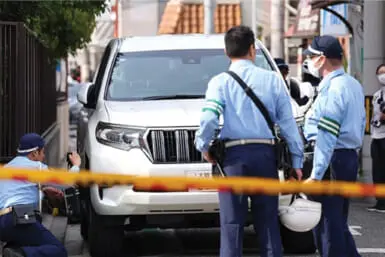On Monday morning, Raita Fukusaku was found dead inside his cell at the Halawa Correctional Facility in Aiea, outside Honolulu. According to the police, “the victim had been assaulted and stabbed by his cellmate, a 38-year-old male.” The alleged perpetrator was immediately removed and placed in a holding unit. Fukusaku, 59, who hailed from Kanagawa Prefecture, had served almost 30 years in prison. In 1995, he was convicted and sentenced to life imprisonment for two counts of second-degree murder. He was found guilty of killing famous Japanese fortune teller Kototome Fujita and her son Goro Fujita. Fukusaku became the first Japanese national to be extradited to the United States based on a bilateral extradition treaty. Here we take a look back at the double homicide that shocked both Japan and Hawaii.
The Case Against Raita Fukusaku
At around 5 p.m. on February 23, 1994, a fire broke out in a high-rise apartment in Kaka’ako, Honolulu. The body of Kototome Fujita was found inside a closet in her penthouse. Fujita, aged 56 at the time, was a well-known fortune teller in Japan, whose clients included former prime ministers such as Nobusuke Kishi and Takeo Fukuda, as well as leading figures in the business world like Panasonic founder Konosuke Matsushita. Shortly after Fujita was found dead, the body of her son, Goro, was discovered in his burning car. Fukusaku, an acquaintance of Goro, who had been scuba diving with the University of Hawaii student, emerged as the prime suspect.
The same live ammunition used in the two crimes was found at Fukusaku’s house and Goro’s bloodstains were detected on his sofa. He also allegedly sold precious metals belonging to Goro at a pawnshop. As a result, the Hawaii State Police wanted to speak to the Japanese man, but he had already returned to his native homeland. Just over a week after the crimes had been committed, Fukusaku entered a police station in Kanagawa Prefecture and professed his innocence. On August 16, 1994, he was extradited to Hawaii. His trial began six months later. Fukusaku admitted to transporting the bodies, but claimed he didn’t murder the mother and son.
The Principal Killer or an Accomplice?
Prosecutors argued that he killed the Fujitas after his attempt to extort $20,000 from Kototome failed. The Honolulu City Circuit Court found him guilty of two counts of second-degree murder and sentenced him to life imprisonment. However, it wasn’t decided whether he was the principal killer or an accomplice. Speaking to the Hawaii Paroling Authority 18 years later, Fukusaku requested an early release, stating again that he wasn’t the murderer. He insisted he was coerced into covering up the killings as he was under pressure from people in the yakuza. “I didn’t kill my friend and his mother,” he said. “What I did is, I didn’t stop them and I couldn’t save them. It’s my responsibility… my mistake… Every single day I think about them.”









